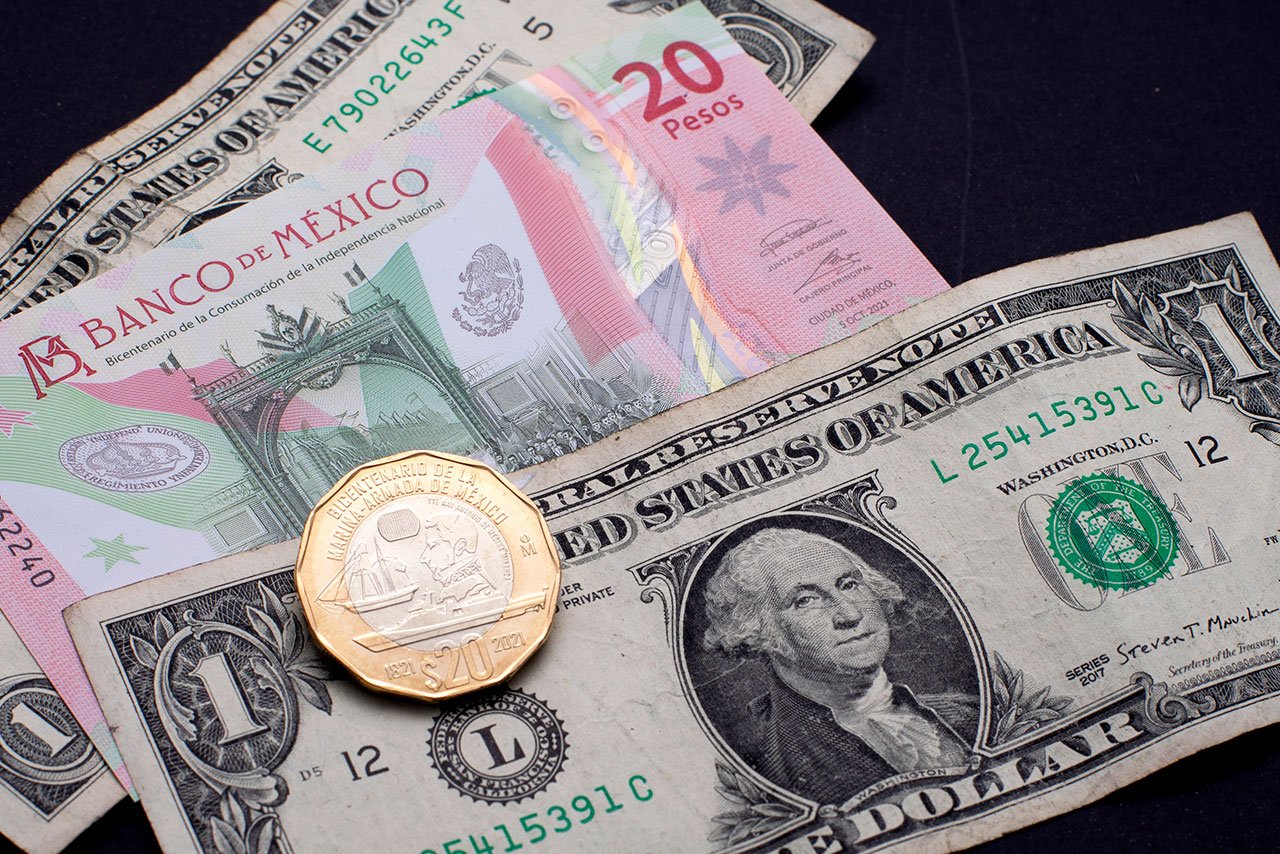Did you know that according to US Federal Reserve data, Mexicans’ savings in banks in that country reached a balance of $102.148 million in 2020?
The choice between saving in local currency or dollars has taken on an unprecedented role in the global financial scenario. However, it is worth asking: Is this practice the best option to protect our assets and ensure a strong financial future? Condusef shares some of the advantages and disadvantages of both alternatives.
Benefits of saving in dollars
One of the main reasons why people choose this currency is its stability, as this currency is considered one of the most stable and inflation-resistant currencies in the long term.
By keeping your savings in dollars, they are more likely to retain their value over time Compared to holding them in more volatile currencies.
Another advantage is that the dollar is widely used in international transactions.
Additionally, in the case of Mexico, it is common to receive remittances from family or friends who work in the United States. Having a dollar account allows you to receive these funds directly without having to convert them to pesos.
We suggest you read: The ABCs of investing in dollar investment funds
Disadvantages of saving in dollars
Although saving in dollars can offer advantages, it is necessary to be prepared for unexpected situations, and these are some of the most common disadvantages:
If you need to use your savings urgently, you’ll likely have to convert your dollars into pesos, which means paying commissions. Due to currency exchange, and depending on the exchange rate, you can see your money depreciate.
Dollar savings accounts, in traditional banks, have some conditions Which you must adhere to in the organization and are usually linked to high commissions.
In situations of economic instability or financial crises, these actions may affect the accessibility and real value of your dollar funds.
It is common for traditional banks to offer unfavorable exchange rates When making transactions in dollars.
You may be interested in this: 10 tips to achieve what seems impossible: conservation
So, what is the best option for me?
No option is better than the other, it depends on your needs. It’s best to evaluate your financial situation and goals before deciding if saving in dollars is the right option for you. Consider the following:
Analyze the financial situation of the currency you want to acquire: Volatility, economic and financial context is important.
Check the duration of your savings: If it is short-term, it would be better to choose to invest in your local currency, such as investing in CetesDirecto.
Have you already read this?: Why do they say that investing in Cetesdirecto is easy and safe? We explain to you in detail
If you travel Continuously or you have planned a trip abroad within a couple of months, saving dollars or other currencies can benefit you.
Finally, although saving in dollars can be a viable option for those looking to save for the long term or want to invest abroad, It may be less convenient if you are looking to constantly use money or change currencies frequently.
Where can I open a savings account in dollars?
Today there is a wide range of banks in Mexico that offer the option of accounts in dollars. Some examples of banks that offer this service are:
- Bankcomer (dollars booklet)
- Panamix (Production account in dollars)
- Scotiabank (Unified dollar account for individuals)
- Panregio (Orange Flex Dollar Account)
- My panorama (Dollar link)
- Pansy (Account in dollars)
- Santander Bank (Santander dollar account), among others.
In the end, there is no single answer, analyze your needs and find out which option is best for you.
Would you like to get information through Google News? Follow our gallery for the best stories


:quality(85)//cloudfront-us-east-1.images.arcpublishing.com/infobae/W3OBBEKHHV6CXLVVHI5PO4VUFY.jpg)

:format(jpeg):focal(2581x1520:2591x1510)/cloudfront-us-east-1.images.arcpublishing.com/gfrmedia/WFS6YTZJMNEX3LCVLSAZ7RLBIM.jpg)